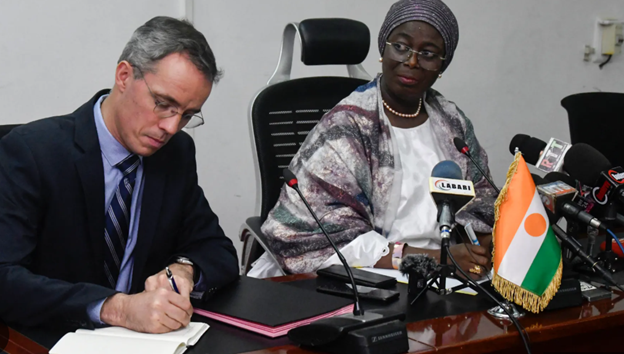Niger Nationalizes Uranium Mining Company
After taking other initiatives aimed at better controlling and managing its natural resources, Niger has announced that it will nationalize the mainly French-owned company that has been mining uranium in that African country for decades.
In question is Somair, the only uranium mine still in operation in the country. Somair was operated by Orano (formerly called Areva), a French multinational specializing in nuclear fuels. Orano had already had its rights to export Nigerien uranium and its operational control of the company withdrawn.
The authorities in Niamey, Niger’s capital, explained their decision by accusing Orano of “irresponsible acts,” namely extracting more than its authorized share of uranium.















